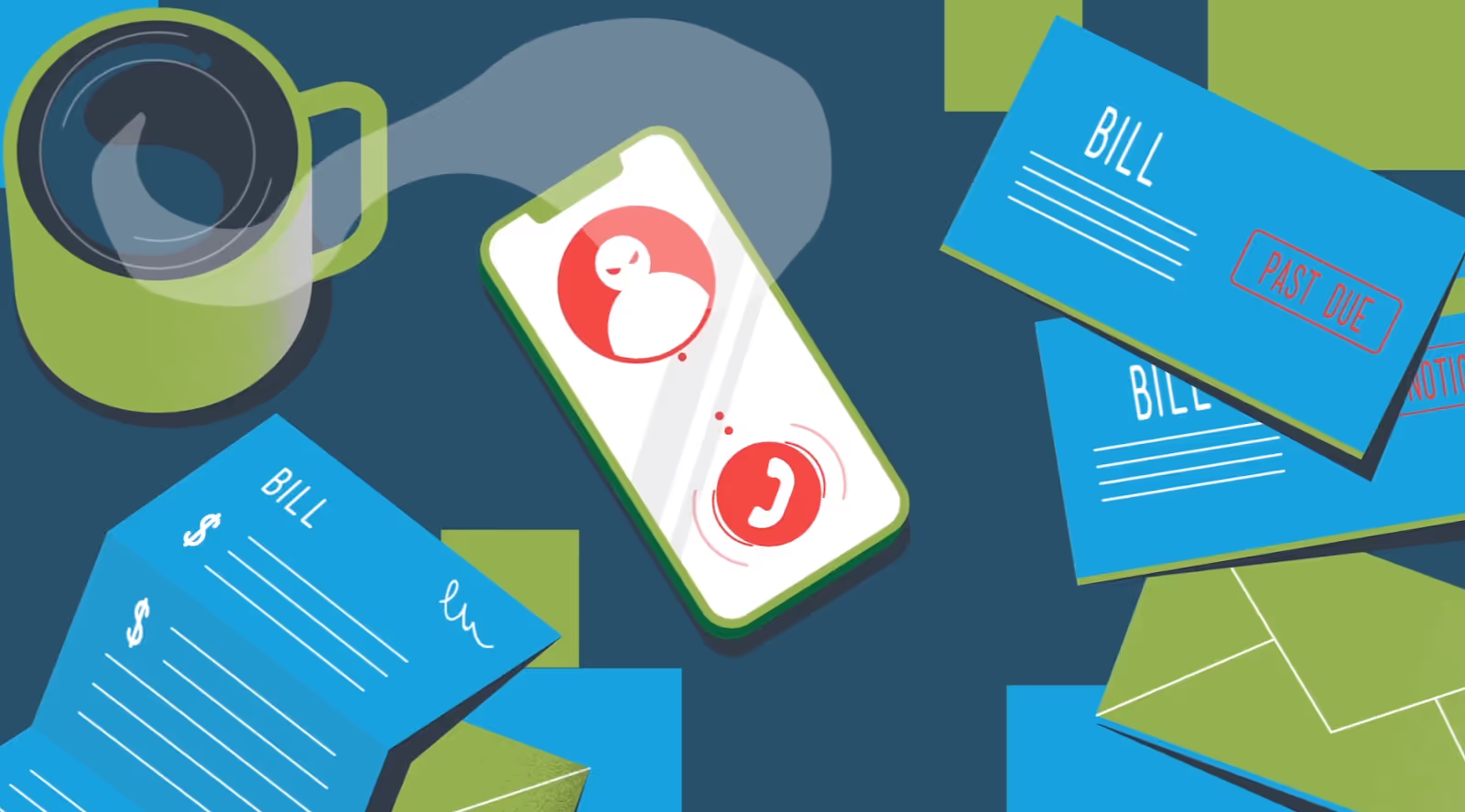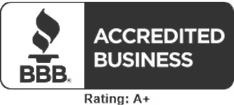Feeling Pressured by Debt Collectors? Here’s What You Should Know
Dealing with debt is stressful enough. But when debt collectors start calling, it can add a whole new layer of anxiety. The good news is, you have rights. Knowing what debt collectors are allowed to do—and what they are not—can help you protect yourself and reduce unnecessary stress.
You Are Protected by Law
If you live in the United States, you’re protected by the Fair Debt Collection Practices Act (FDCPA). This federal law limits what third-party debt collectors can do when trying to collect a debt. Some states have their own rules that offer even more protection. It’s important to note that the FDCPA applies to third-party collectors, not the original creditor collecting the debt directly.
How to Protect Yourself from Debt Collection Scams
Here are a few quick ways to protect your personal information and stay safe:
- Never share your financial information over the phone. Legitimate debt collectors will not ask for your bank account or credit card number.
- Verify the collector. Contact the original creditor and confirm they assigned your debt to the collector who contacted you.
- Stay informed. If something feels off, it might be a scam. You can report suspicious behavior to the Federal Trade Commission (FTC) or your state’s attorney general.
What Debt Collectors Are Not Allowed to Do
Debt collectors have strict guidelines they must follow. If they cross these lines, they may be violating your rights.
They cannot:
- Harass or threaten you. This includes using obscene language, making repeated calls, or threatening violence.
- Have you arrested for debt. You cannot be jailed simply for owing money. If you are sued and ignore a court date, there may be legal consequences, but not for the debt itself.
- Visit your workplace. Collectors can call you at work, but they are not allowed to show up or discuss your debt with co-workers. If you ask them not to call you at work, they must stop.
- Call you at all hours. They are only allowed to contact you between 8 a.m. and 9 p.m. local time.
- Pursue a debt you do not owe. If you think a debt collector is contacting you by mistake, check your credit report and gather documentation to prove the debt is incorrect or already paid.
What Debt Collectors Are Legally Allowed to Do
While there are limits, debt collectors do have legal tools they can use. Here’s what they are allowed to do:
- Contact you about the debt. As long as it’s within legal hours and in a respectful way, they can call, send letters, or email you.
- Sue you in court. If a debt remains unpaid, they may take legal action. Ignoring the lawsuit could result in wage garnishment or a bank levy, depending on the laws in your state.
- Negotiate a settlement. Many collectors are willing to settle for less than the full amount owed. If you negotiate, always get the agreement in writing before you pay.
- Try to collect expired debts. Debts have a statute of limitations that limits how long you can be sued, but collectors can still ask for payment after that period. You are not legally obligated to pay once the statute expires, but they can still contact you.
- Sell your debt. If one collector fails to recover the debt, they may sell it to another agency. This is why you may hear from different companies about the same debt. Always get proof when you make a payment so it cannot be pursued again later.
Need Help Managing Debt Collectors?
Every state has its own rules about debt collection. Your state’s attorney general’s office can be a good resource if you think a collector is violating the law.
If you're feeling overwhelmed or unsure how to deal with collection calls, Family Credit Management can help. Our certified credit counselors can:
- Review your debt situation
- Create a customized repayment plan
- Act as a go-between to reduce or stop collection calls
Take the First Step Toward Peace of Mind
You don’t have to deal with debt collectors alone. Get your free quote from one of our certified credit counselors and find out how we can help you get back in control.









-min.avif)

